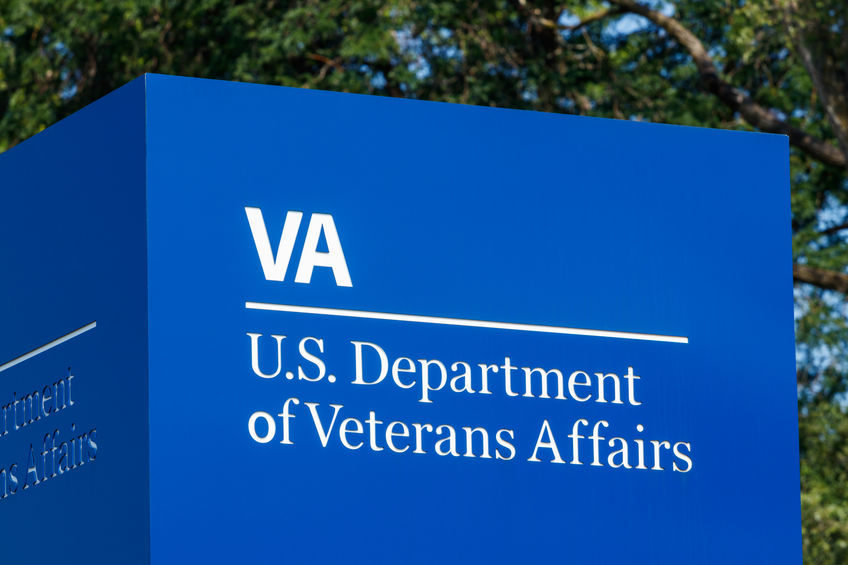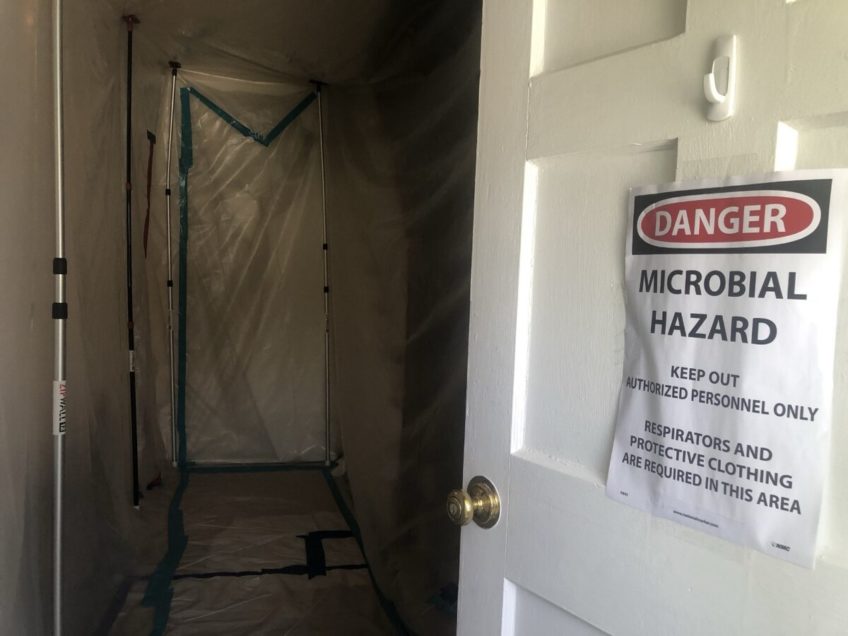
How the PACT Act Can Benefit Existing VA Beneficiaries
Veterans who were exposed to toxins during their military service should consider filing a new claim, even if they already receive disability pay. Here’s how the PACT Act can benefit existing VA beneficiaries.
What is the PACT Act?
The PACT Act, passed in 2022, expands VA health care and benefits for Veterans exposed to toxic substances, such as burn pits and Agent Orange. According to the VA’s website, the PACT Act:
- Expands and extends eligibility for VA health care for Veterans with toxic exposures and Veterans of the Vietnam, Gulf War, and post-9/11 eras
- Adds more than 20 new presumptive conditions for burn pits and other toxic exposures
- Adds more presumptive-exposure locations for Agent Orange and radiation
- Requires VA to provide a toxic exposure screening to every Veteran enrolled in VA health care
- Helps us improve research, staff education, and treatment related to toxic exposures
In the first year after the PACT Act was passed, the VA screened over 4 million Veterans to see if the Veterans thought they had been exposed to any toxins during their military service. Out of the Vets screened, 1.7 million of them “screened positive” for possible exposure, according to the VA’s PACT Act transitional executive director, Steve Miska. The VA has encouraged all Veterans who screened positive to file supplemental claims that could lead to more benefits.
How the PACT Act Can Benefit Existing VA Beneficiaries
Filing a claim under the PACT Act has the potential to benefit any Veteran who believes they were exposed to toxins during their military service, regardless of what benefits they or their family currently receive. Here’s how the PACT Act can benefit existing VA beneficiaries.
Vets Receiving Partial Disability Pay
For Veterans who already receive partial disability pay, filing a new claim could lead to an increased VA disability rating now that the VA covers more conditions under the PACT Act. An increased disability rating could make a significant difference in monthly compensation, especially if a Veteran has dependents.
There is no risk involved, as VA officials emphasized that filing a new claim would not cause an existing disability rating to decrease. Kaitlin Richards, assistant director in the VA’s Office of Policy and Oversight said, “we are not going [and] looking back at other service-connected issues trying to decrease those.”
Vets Receiving 100% Disability Pay
The VA encourages all Veterans that believe they may have a condition covered under the PACT Act to file a claim, even if they already receive 100% disability pay.
Veterans already receiving maximum monthly compensation could qualify for additional benefits such as aid and attendance or special housing. Not only could they receive additional benefits now, but their families could receive more later.
“Even if you are 100% service-connected already, you should still file for benefits,” Richards said. “Because if you get [declared] service-connected for a disability, and that is ultimately the disability that you pass away from, that — whatever is listed on your death certificate — is how your survivor, your spouse, will be able to file for their own benefits.”
Surviving Family Receiving DIC
For survivors who already receive DIC, Richards says that they are unlikely to benefit from filming a claim now “unless they have an increase in their [veteran’s] disability [rating].”
DIC beneficiaries may receive an extra $331.84 each month if their Veteran was totally disabled with a service-connected disability for eight years leading up to the Veteran’s death.
The VA encourages survivors to file a new DIC claim if they think they qualify now, even if their claim was denied in the past.
Surviving Family Receiving VA Survivors Pension
Recipients of VA Survivors Pension could become eligible for DIC if their Veteran died as a result of a condition newly covered under the PACT Act. Depending on the circumstances, the flat-rate DIC may pay more benefits than Survivors Pension.
We are Veterans Helping Veterans
The Veterans Legal Assistance Program’s goal is to support Veterans and those serving in active-duty, as well as their families. We want to inform you of the issues affecting the Veteran community and connect you with people we trust.
We’ve got your six.



